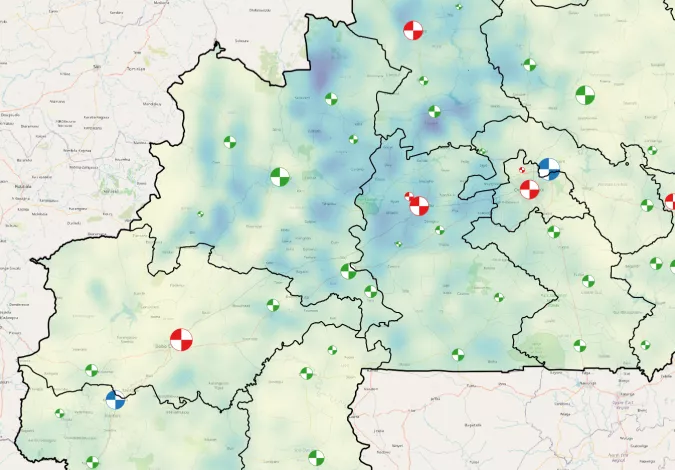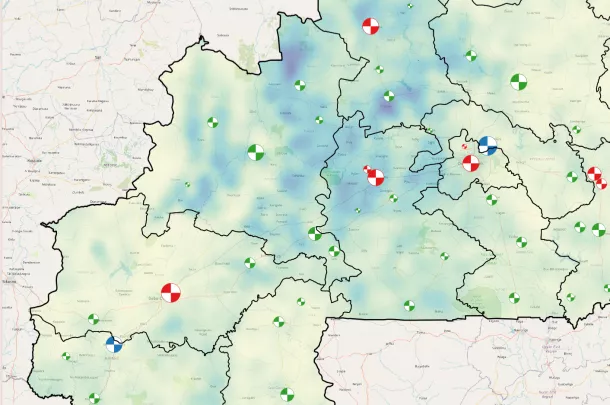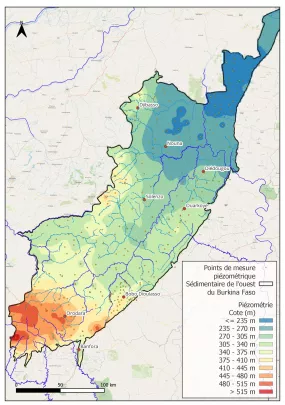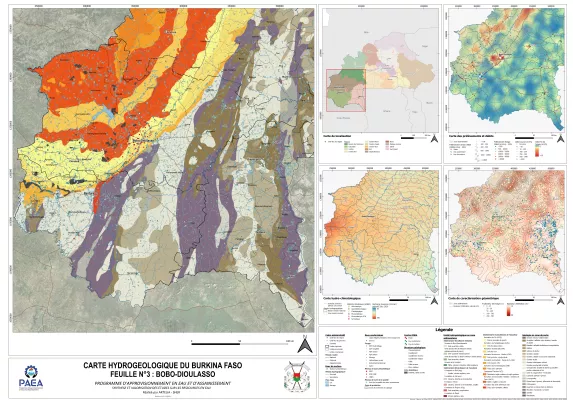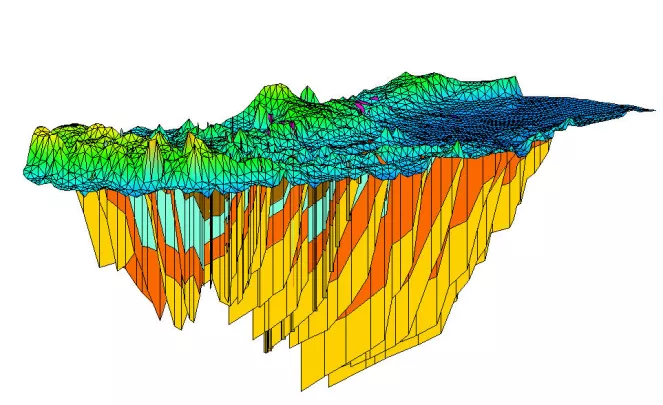Context of the project
As part of the Burkina Faso Water Supply and Sanitation Programme, the study will improve knowledge on water resources, in order to improve their use in a more efficient and sustainable manner. Quantitative and qualitative monitoring of groundwater has been improved. Groundwater resource management tools have been developed, and technical capacity building and skills transfer have been ensured.
The project consists of capitalising on the results of the studies and work carried out as part of the Water Supply and Sanitation Program, and based on these, the implementation of various activities aimed at contributing to a better assessment of water resources, the development of an aquifer management model, the production of hydrogeological maps and the development of tools (database) for better data management.
As part of this mission, SHER Ingénieurs-Conseils undertakes the following activities in 4 areas:
1) Improving knowledge of water resources for a better and more sustainable use
- Collecting the data required for the study
- Capitalising on the data collected
- Validation of the data on locations for deep boreholes in sedimentary aquifers
- Control of the implementation of deep boreholes in sedimentary aquifers
- Drafting of a summary of the sedimentary aquifers characteristics
- Assessment of aquifer recharge and water resources
- Update of the inventory of surface water resources
- Drafting of an overall assessment of water resources
2) Improving monitoring of groundwater quality and quantity
- Analysis of current groundwater monitoring networks • Optimising of groundwater monitoring networks
- Control of the construction of around twenty piezometers
3) Developing groundwater resource management tools
- Analysis of the existing situation
- Technical and organisational diagnosis
- Development of the database
- Design of the IS architecture and development of the solution
- Validation of the methodological approach
- Development of the (hydro)geological models of the western sedimentary basin
- Analysis of the current hydrogeological map, needs and constraints
- Drafting of the new hydrogeological map
4) Transferring skills and building technical capacity
- Implementation of an ongoing collaborative approach and experience sharing
- Development and implementation of specific training modules
